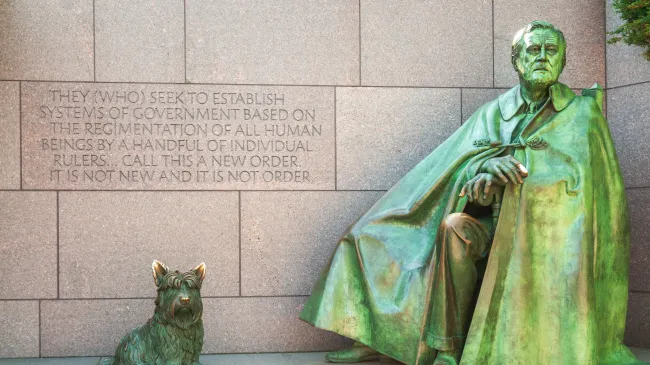Thanksgiving Is a Celebration of Free Enterprise
The first English settlers in America learned a hard lesson about socialist economics in the early years of their new colonies as they faced starvation. Once they embraced free enterprise, however, they had something to be thankful for.








